[ad_1]
Few people know the inside of U.S. Republican administrations as well as John Bolton, who has worked on foreign policy in every one of them since the days of Ronald Reagan. Under George W. Bush, he served as ambassador to the UN, and in Donald Trump’s first term, he served as National Security Adviser for 18 months—“a record for that administration,” he recalls with a laugh. The relationship didn’t end well: Bolton, like many other senior officials in that administration, left before getting ousted. In 2020 he published The Room Where It Happened, about his time in the White House during that period, a move that got him on Trump’s blacklist. The former senior official believes it’s quite possible that the U.S. president will end up withdrawing permanently from the peace negotiations over Ukraine to focus on some other global hotspot where he expects quicker results. “What he wants is the Nobel Peace Prize” no matter what, Bolton ventures.
“He’s wanted it ever since he thought [President Barack] Obama got it undeservedly. Trump wants a Nobel Peace Prize. Whether it’s for Ukraine, or the Middle East, or for mediating between India and Pakistan, it doesn’t matter. If he doesn’t get it in Ukraine, if his friend Vlad [Russian President Vladimir Putin] won’t do what’s necessary, he’ll walk away from those negotiations and focus on the Middle East. That’s why he’s sent his representative, Steve Witkoff, to negotiate with Iran: if Israel destroys Iran’s nuclear program, he won’t win the Nobel, but if he can reach a deal with Iran [to deactivate it] he will,” he says in an interview held in a freezing private room of a central Washington hotel.
Question. Is the way Trump is behaving in this term very different from his first?
Answer. Now there’s talk that he could seek a third term. But I think many of his actions, both domestic and international, suggest that he won’t try to continue. In his first term, he was very mindful of the political consequences of his actions. We managed to stop him a few times by explaining that what he was going to do would have negative political consequences. And now we see everything he’s doing regarding tariffs, budget debates, agreements with the Houthis in Yemen without consulting Israel… he doesn’t care about the political consequences. It may fall on Republicans in Congress in the midterm elections next year, but he’s already stopped caring. He cares about his own reputation, what people will say about him in the future, but not about the near-term political consequences.
Q. Have you ever heard him say directly that he wants to win the Nobel Prize?
A. What he did in his first term was complain endlessly about how it had been given to Obama undeservedly and repeating that he deserved it for having made the Abraham Accords possible. But those accords were only possible through a lot of diplomacy, because there was a tectonic shift in the Middle East. The Gulf Arabs realized that Israel’s view of Iran was closer to theirs than anything else, and they all saw Iran as an existential threat, which is why the Saudis will recognize Israel in due course.
Q. Trump insists that negotiations with Iran are progressing very well. Is Iran interested in a deal with Trump?
A. Iran has been dealt very heavy blows by Israel. Its proxies in the Middle East—Hamas, Hezbollah—have been pummeled, their missile and air defense systems have been destroyed, and Bashar al-Assad’s regime in Syria has fallen. Iran needs time to avoid getting their nuclear program destroyed. They are happy to play along with Trump and drag out the talks as long as they can. But the central flaw with the 2015 Obama-era deal should be avoided. Iran should not be allowed any uranium enrichment.
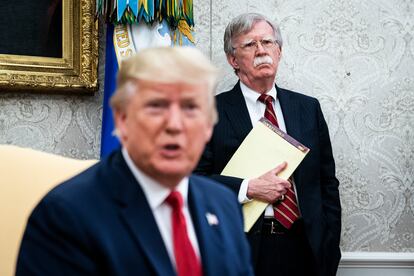
Q. Ukraine, the Middle East, Iran… these are deep-rooted conflicts. If you want to win the Nobel Prize, which one would be the easiest to tackle to convince the Norwegian Committee?
A. He tried really hard in the conflict between India and Pakistan over Kashmir a few weeks ago. He even wrote on social media that he had resolved the Kashmir issue. But it sounds like he leaned pretty heavily on the Indian side. The Pakistanis publicly thanked him, and the Indians have denied that he had much of a role, so it sounds to me like he leaned on India [to stop attacking its neighbor.] But Trump doesn’t understand that what’s behind it is incredibly complicated. He seems to flit around the world saying, “I can make a deal. I can make a deal. You want to make a deal?” But anyone can make a deal if they’re not worried about what the terms are. And Trump doesn’t know enough about the substance of what he’s negotiating to know what he’s agreeing to.
Q. And, in this pursuit of the Nobel at all costs, which would be the most dangerous deal to close?
A. The worst thing we could do would be to show too much weakness and let China take over Taiwan. Beijing is very interested, but I don’t think they’ll invade: they’ve never carried out an amphibious operation, and this one would be especially complex. They also don’t want to destroy the island. They want its productive capability intact. But they could throw a blockade around it. In that case, if we do nothing, the island would fall into their lap like ripe fruit.
Q. We’re approaching the NATO summit in June in The Hague. Some countries, like Estonia, plan to reach 5% of GDP for military spending next year. Others have yet to reach 2%. Can the Alliance survive this second Trump term and his demands on allies?
A. In Brussels in 2018, we were an inch away from withdrawing from NATO. I know this because I was there. But Trump has a short attention span, and he got distracted. Perhaps the best tactic is to distract him for the next 44 months… And there’s the issue of tariffs with the EU, although it’s now in court, and it’s going to take a long time because Trump is going to appeal the decision against him [on Wednesday] by the [US] Court of International Trade. If the tariff question is resolved, it could be good or bad. But if it’s not resolved by July 9, not only will the tariffs come into effect, but Trump will start talking about how Europe isn’t paying its fair share of defense expenditures. And he keeps saying that he won’t defend any country that doesn’t reach 2% of military spending.
Q. Trump’s interest in taking over Greenland could also come to light at the NATO summit. Why is he so obsessed with it?
A. I was in charge when this issue first came to light in 2019, and I’ll tell you this: if Trump had kept his mouth shut, we could have resolved this matter by now. I think there’s almost nothing we couldn’t have agreed on if we had dealt with this matter out of the spotlight. But in 2019, the story leaked; Danish Prime Minister Mette Frederiksen said it was an absurd idea. Trump retorted that the prime minister was a nasty woman, and it all went downhill from there. A trip to Copenhagen was planned for a private meeting, but there was no trip or anything. The conversation ended. The plan was to talk to them about the importance of security. We’re all members of NATO; we’re all against the passage of Russian and Chinese ships or submarines through the Arctic Ocean into the North Atlantic. We just wanted to talk and see what could be discussed. We were in a very early-stage conversation, saying that the United States should protect Greenland from these threats. But now they see us as the risk. Trump has thrown away things that have been built over decades of effort to establish goodwill and mutual trust. The desire of countries around the world to rely on the United States—he’s just ripping through it with this kind of stuff.
P. Greenland was a warning. Panama was the second.
A. What happened in Panama was one of the silliest things in his first four months in office, and there’s tough competition. Before he started talking about invading Panama, José Raúl Mulino, the president of that country, who was relatively new in office, had requested U.S. troops to deploy in the Darien Gap, on the border between Colombia and Panama, where hundreds of people passed through every day with the idea of reaching the United States. It was the first time a Panamanian government had invited our forces to be stationed the country since 1999, when our last troops left after returning the Canal. And Trump threw that out the window too, saying we were going to take the Canal by force. Fortunately, [Secretary of State] Marco Rubio did a good job on his tour of Latin America, and things calmed down.
Sign up for our weekly newsletter to get more English-language news coverage from EL PAÍS USA Edition
[ad_2]
Source link

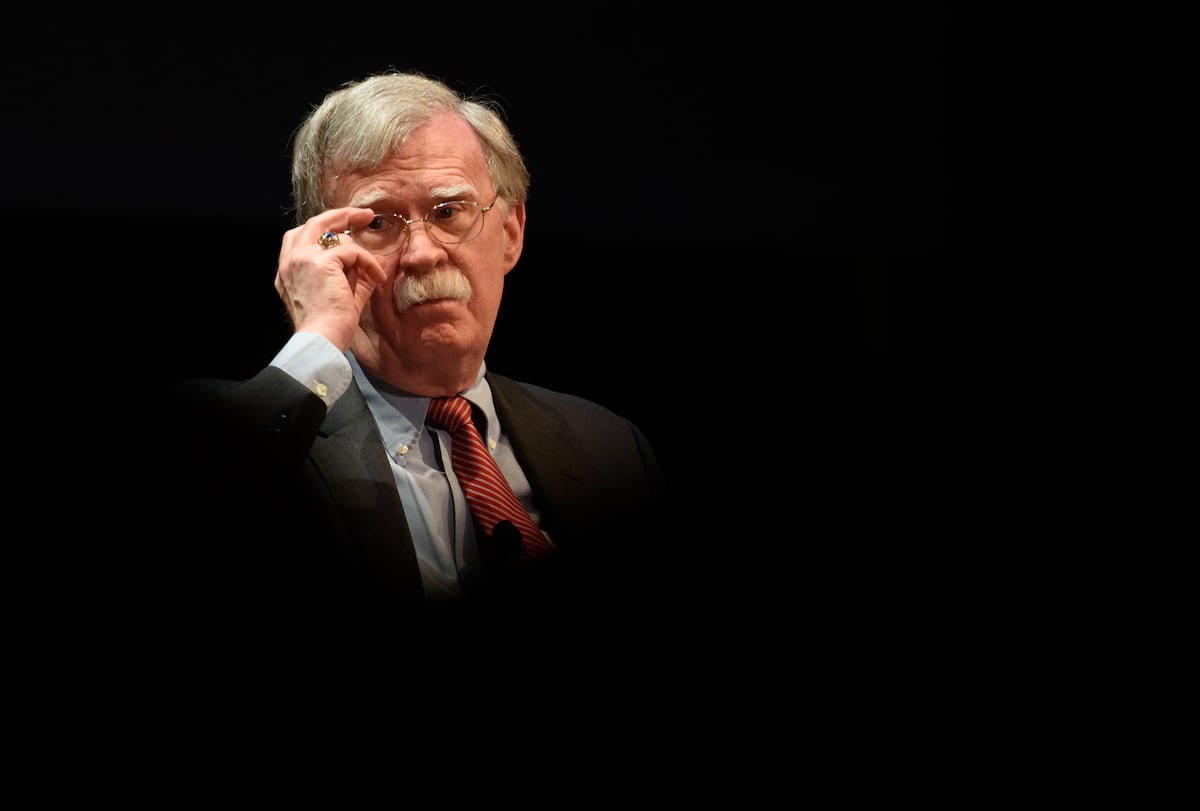
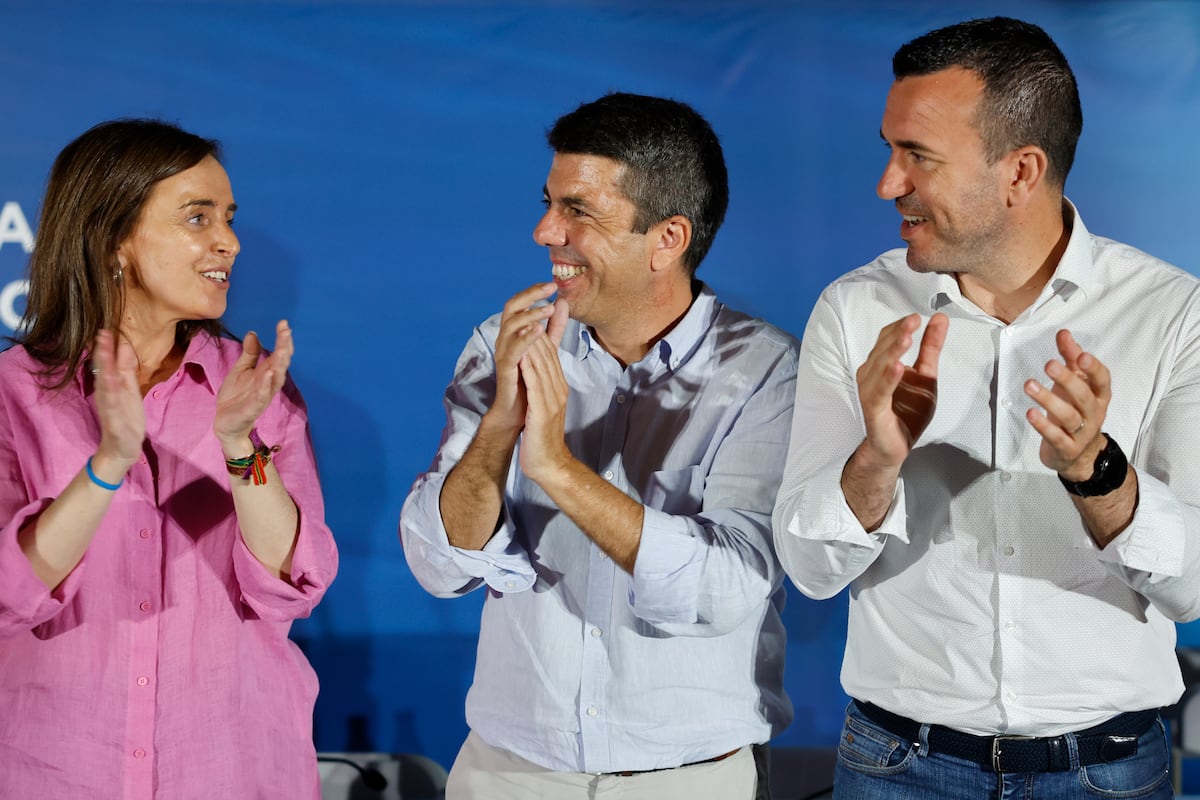
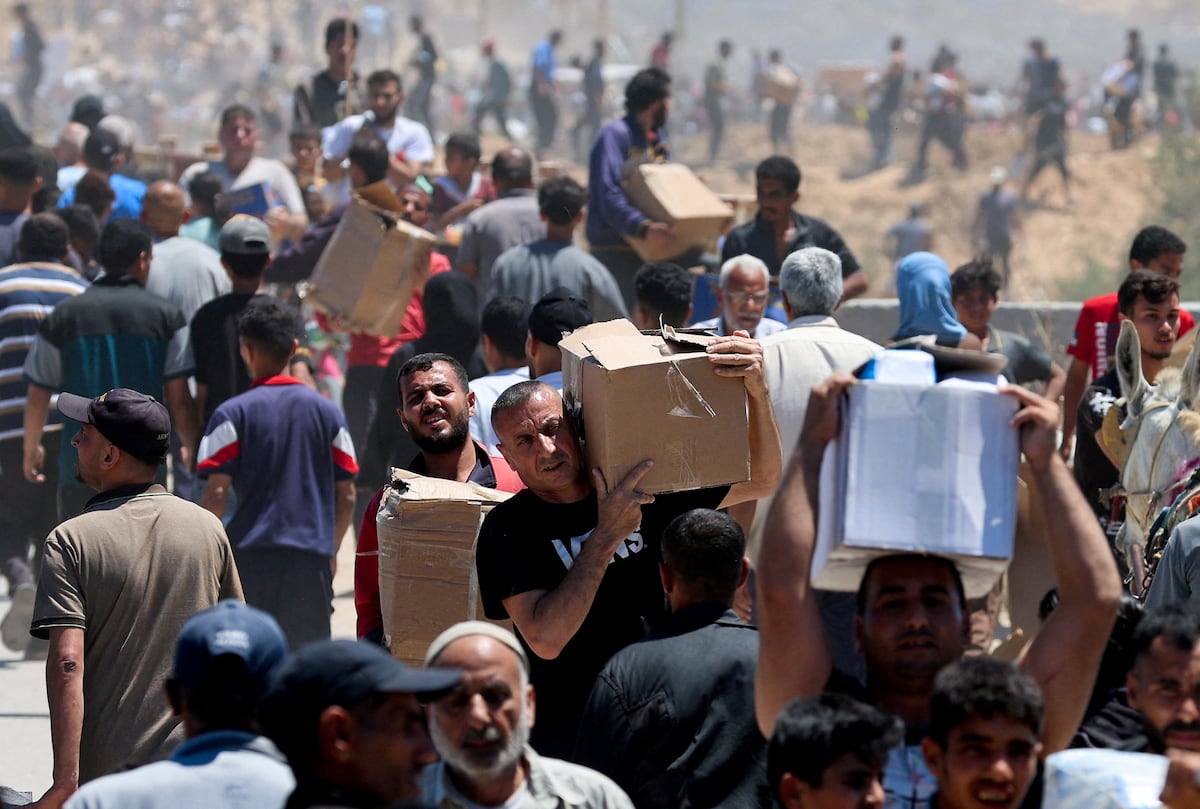
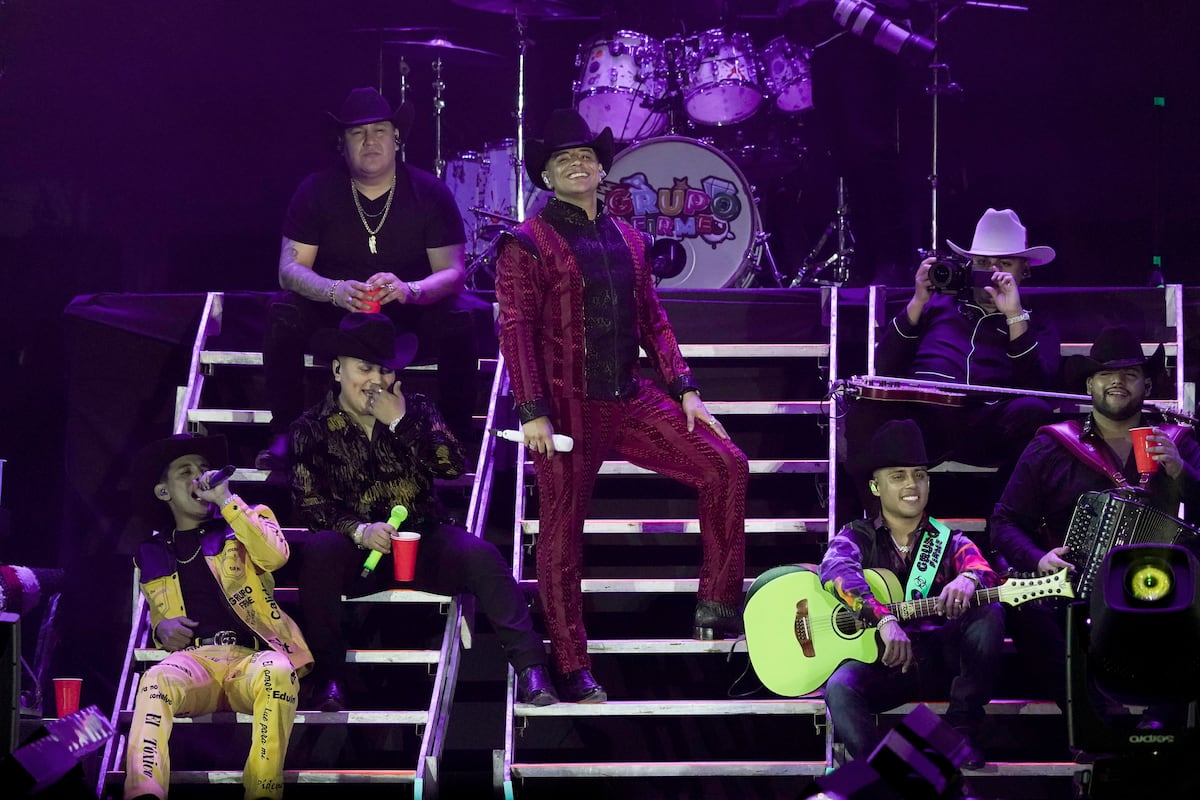

Comentarios